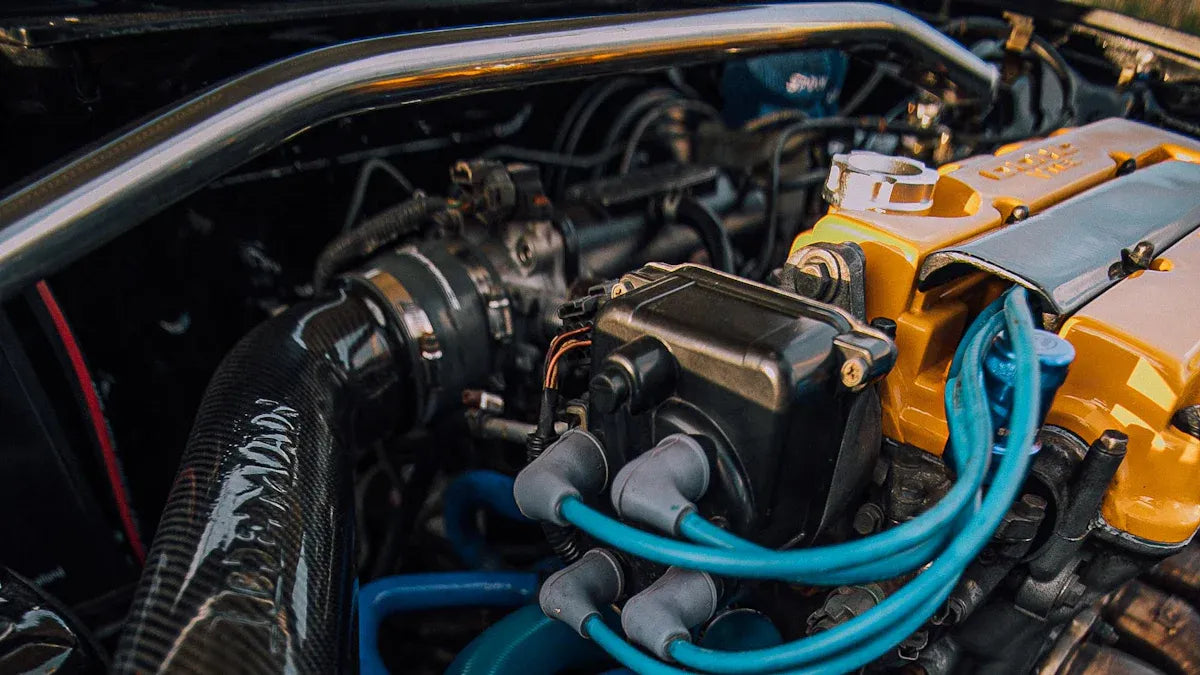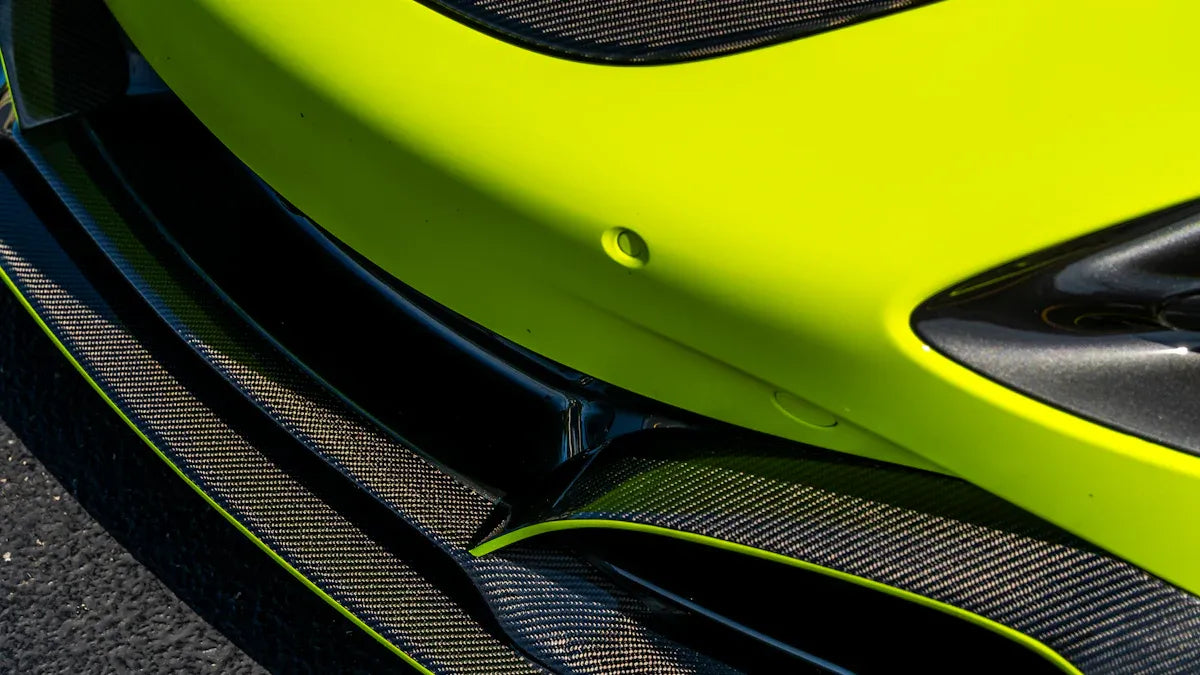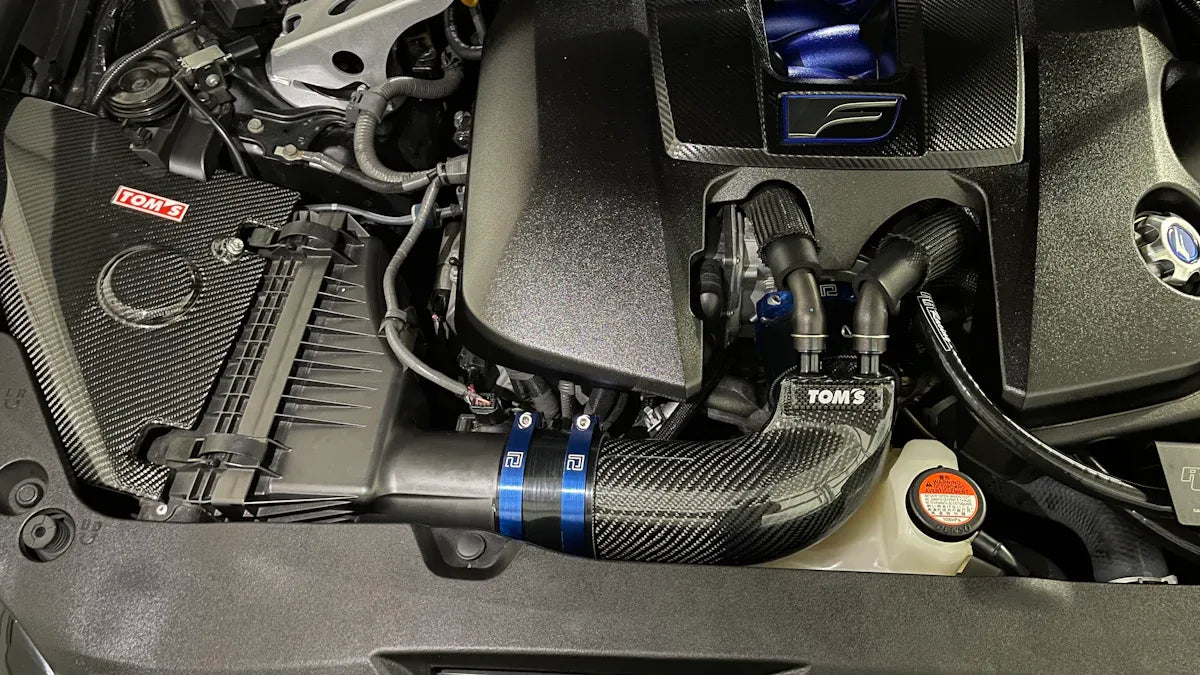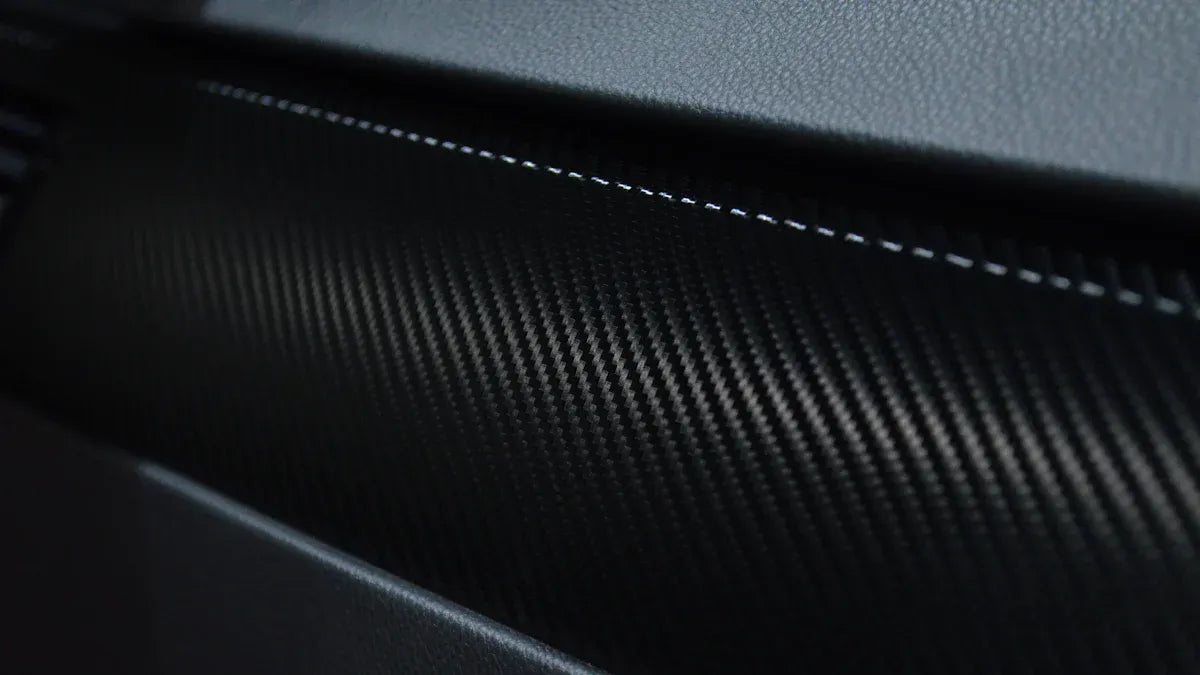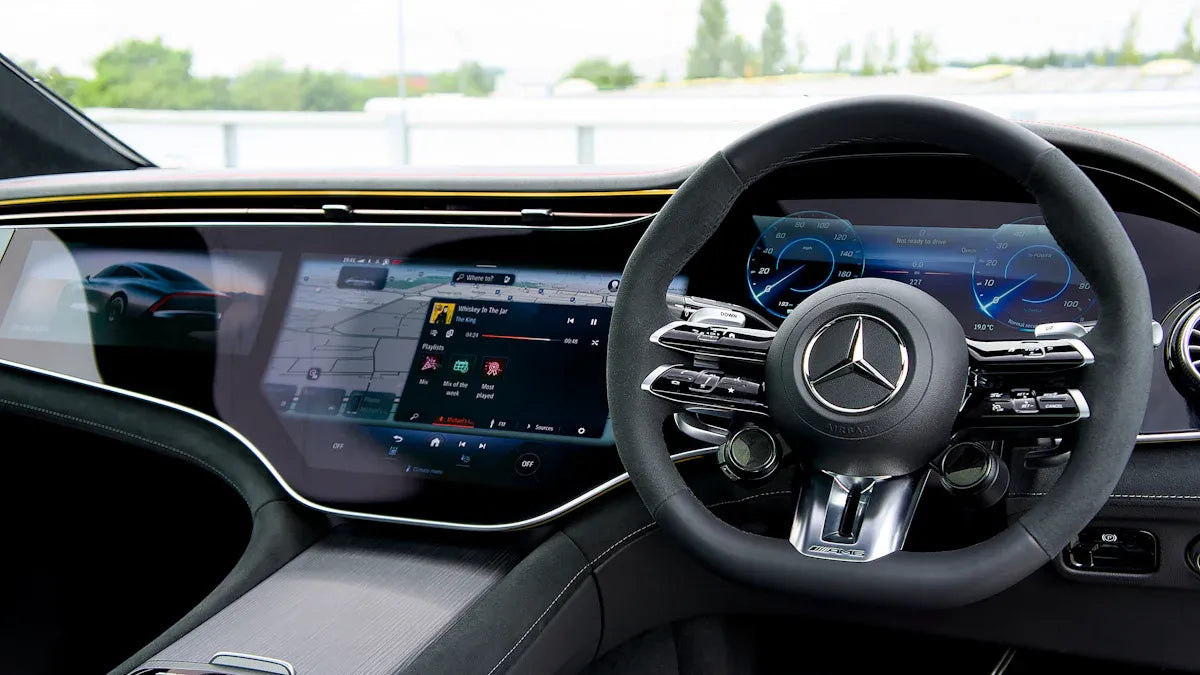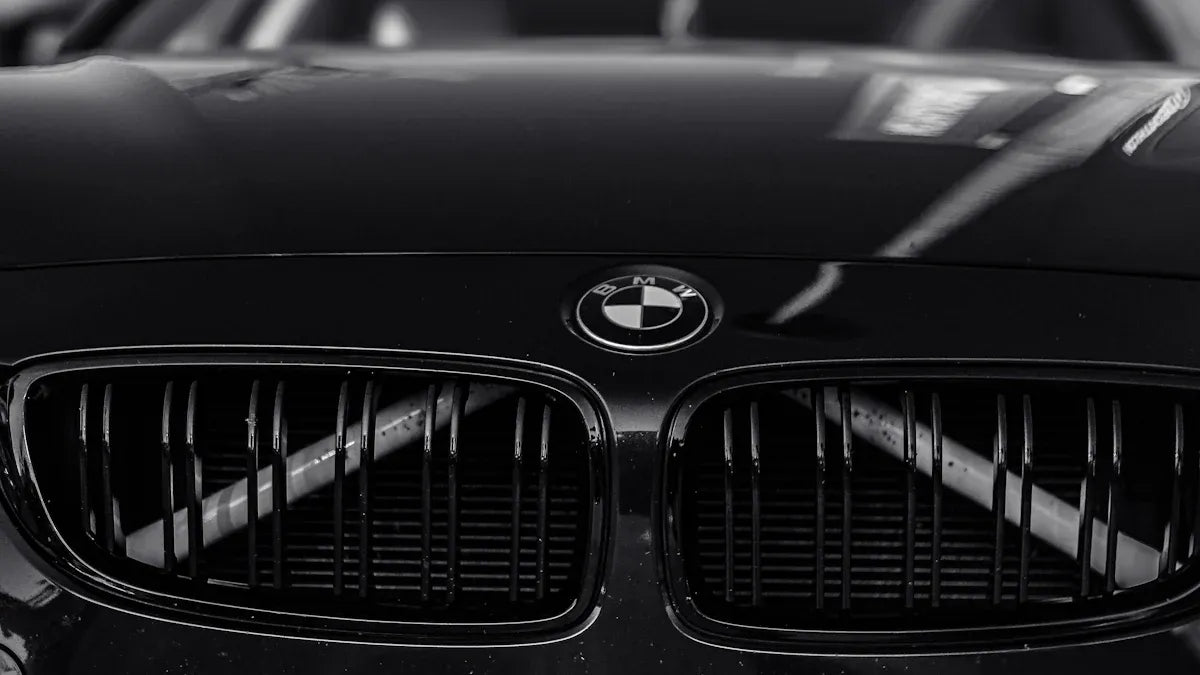CarbonXtreme Post
Hemp Fiber Composite Compared to Glass and Carbon Fiber Options
Hemp fiber composites stand out for their strong sustainability, lightweight properties, and environmental benefits. They offer an eco-friendly alternative to traditional materials like glass and carbon fiber, with applications in automotive, construction, and consumer goods. While hemp fiber composites may offer lower tensile strength than glass or carbon fiber, their unique combination of performance and environmental impact makes them a valuable material in many industries. Glass fiber provides a good balance of cost and mechanical performance, while carbon fiber excels in strength and stiffness, making it ideal for high-performance applications. Hybrid composites combining hemp and carbon fiber further optimize both mechanical durability and environmental sustainability. Engineers must carefully select the right material based on specific performance, cost, and environmental goals.
How to Choose the Best Resin for Turbo Engine Carbon Fiber Shields
High-temperature epoxy is the ideal resin for turbo engine carbon fiber shields due to its exceptional heat resistance, strength, and mechanical stability. This resin performs reliably in extreme conditions, such as those found in turbo engine environments, where temperatures can exceed 200°C. With its excellent thermal and chemical resistance, high-temperature epoxy maintains structural integrity even under thermal cycling and mechanical stress. Proper curing and resin selection are critical to ensuring the shield's durability and performance. Testing compatibility with carbon fiber fabrics and following curing guidelines prevent defects, ensuring a high-quality, long-lasting product for turbo engine applications.
Choosing the Best Heatproof Carbon Fiber for Your Supercar
Heatproof carbon fiber is crucial for supercars, offering unmatched lightweight strength, heat resistance, and durability. This material ensures exceptional performance in high-temperature environments, such as engine bays, by resisting thermal expansion and maintaining structural integrity. Advanced carbon fiber wraps provide essential protection against UV rays, heat, and environmental damage, enhancing longevity and preserving the carbon fiber's strength. Proper maintenance, including regular cleaning, using UV-protective coatings, and avoiding high-temperature exposure, ensures that supercar components stay in top condition. Selecting the right heatproof carbon fiber ensures optimal performance and durability, contributing to the supercar's lightweight and high-performance benefits.
Does Engine Heat Affect Carbon Fiber Resins More Than the Fibers
Engine heat primarily impacts the resin in carbon fiber composites, not the carbon fibers themselves. While carbon fibers maintain their strength and stability at temperatures exceeding 500°C, the resin matrix begins to degrade between 150°C and 450°C. This degradation weakens the bond between the fibers, leading to a significant loss of mechanical properties. To ensure durability in high-heat environments like engine bays, selecting the right high-temperature resin, optimizing curing processes, and employing advanced design strategies like adding heat-conductive fillers can prevent resin failure and extend the lifespan of carbon fiber parts. Proper monitoring of temperature and resin behavior is essential for preventing brittle failures and ensuring long-term performance.
What Makes High Temp Epoxy Essential for Carbon Fiber Projects
High-temperature epoxy is essential for carbon fiber projects that need to withstand extreme heat, particularly in industries like aerospace, automotive, and tooling. This specialized resin ensures carbon fiber structures remain strong and stable even under thermal stress, withstanding temperatures up to 200-270°C. The selection of the right epoxy resin system is crucial for maximizing performance, as it contributes to the strength, durability, and longevity of composites. Advanced manufacturing methods, proper curing processes, and surface treatments further enhance bonding and mechanical properties, supporting the creation of lightweight, heat-resistant components. Sustainable practices like the use of recycled fibers and bio-based resins are also gaining traction, reflecting the industry's commitment to reducing environmental impact while maintaining high performance.
Does the Toyota Prius Prime Solar Roof Really Boost Electric Range or Efficiency
The Toyota Prius Prime solar roof provides a modest but steady boost in electric range, offering up to 3–4 miles per day under typical sunlight. It supplements regular plug-in charging, helping drivers stretch the hybrid's electric range and improve fuel efficiency by up to 10%. While the solar roof cannot fully replace plug-in charging, it provides convenience for drivers who park outside, especially in sunny regions. The feature is an added benefit that enhances the overall electric experience, with an estimated annual savings of up to 700 miles of fuel. The solar roof's performance varies based on sunlight, weather conditions, and location, but it remains a valuable supplement for daily commuters and eco-conscious drivers.
Key Features and Specifications of the Mercedes-Benz EQE SUV Electric Luxury
The 2025 Mercedes-Benz EQE SUV sets a new standard for electric luxury SUVs with powerful performance, advanced technology, and luxurious features. With a range of up to 279 miles, fast charging capabilities, and a 0-60 mph acceleration time as fast as 3.4 seconds in the AMG variant, the EQE SUV combines power with efficiency. The spacious interior features premium materials, a 56-inch Hyperscreen, and innovative comfort options. With advanced safety systems and cutting-edge charging technologies, the EQE SUV stands out in the luxury EV market, offering a premium driving experience.
Top Trends Shaping Luxury Electric Sedans in 2025 and the BMW i7’s Influence
The 2025 BMW i7 luxury electric sedan sets new standards in the EV market with a focus on innovation, performance, and comfort. Featuring up to 536 horsepower, the i7 combines cutting-edge battery technology, advanced aerodynamics, and smart energy management to deliver impressive performance and range. With a range of up to 388 miles on a single charge, fast charging capabilities, and a luxurious interior, the BMW i7 redefines luxury in electric vehicles. The i7 balances sustainable materials with advanced technology, positioning itself as a leader in the luxury EV market and influencing future models.
What Makes the Porsche 911 GT3 RS a True Track-Focused Lightweight Machine
The 2025 Porsche 911 GT3 RS redefines track-focused performance with its lightweight construction, advanced aerodynamics, and motorsport DNA. Powered by a 4.0-liter naturally aspirated flat-six engine producing 518 hp, it achieves 0-60 mph in just 3.0 seconds and generates up to 1,900 lbs of downforce at top speed. Its track-tuned chassis, rear-axle steering, and active suspension offer unmatched handling and stability. With a focus on lightweight materials like carbon fiber and magnesium, the GT3 RS provides extraordinary acceleration, precision, and a driving experience that sets the benchmark for supercars on and off the track.



